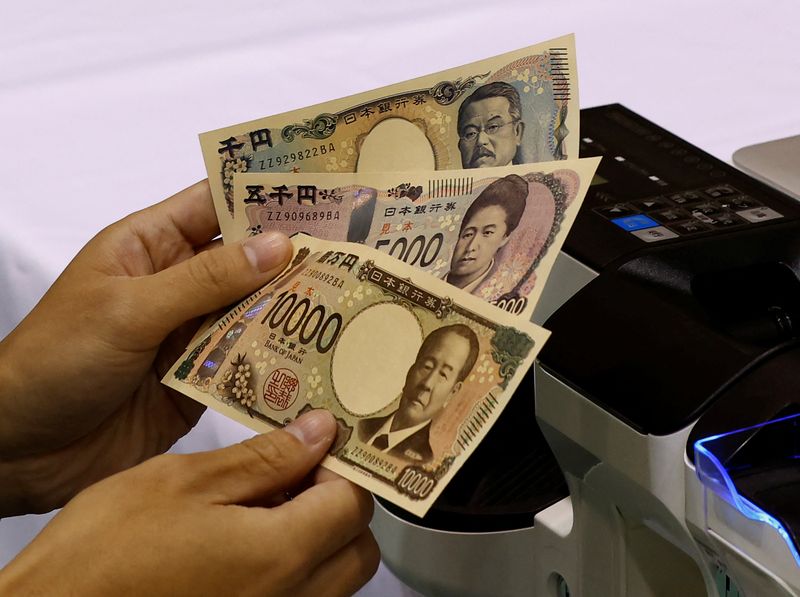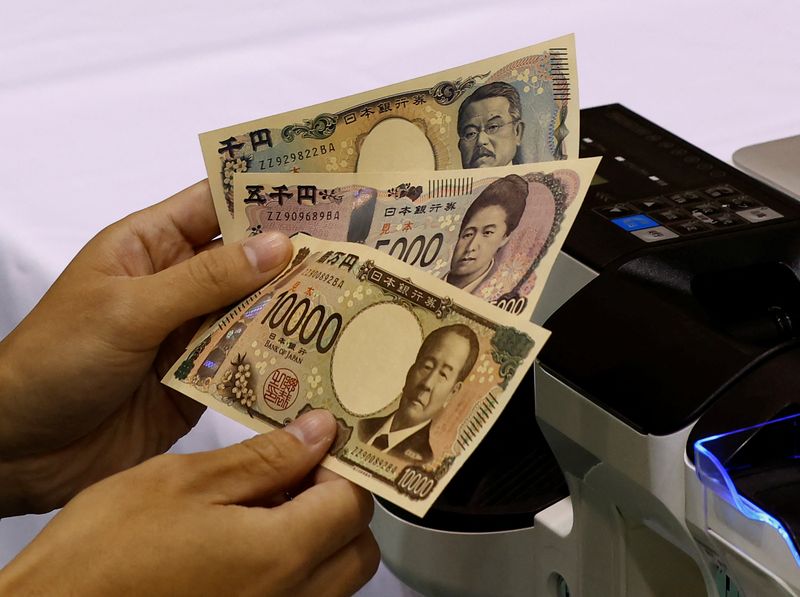Japanese Authorities Under Pressure to Address Yen Depreciation
Renewed Call for Action
Concerns Mounting Over Yen Depreciation
Authorities in Japan are facing increased pressure to tackle the continuous weakening of the yen, driven by traders’ expectations of a slow response to further interest rate hikes from the central bank.
Recent Developments
Yen’s Recovery Following Strong Warning
The yen made a recovery after Tokyo issued its most severe warning yet regarding potential intervention, bouncing back from a 34-year low of 151.97 against the dollar earlier in the day.
Insight into Intervention
Overview of Yen-Buying Intervention
Below are the specifics of how yen-buying intervention operates:
Historical Context
Japan’s Recent Yen-Buying Interventions
Japan intervened by buying yen in September 2022, marking its first such move since 1998, following the Bank of Japan’s decision to maintain loose monetary policy that caused the yen to drop to 145 per dollar. Subsequent interventions occurred in October after the yen hit a 32-year low of 151.94.
Current Challenges
Shift in Yen Intervention Justification
While traditionally intervening to prevent yen appreciation, the weak yen is now perceived as problematic due to shifting corporate operations overseas and heavy reliance on imports, including essential goods like fuel and machinery parts.
Warning Signals
Indicators of Imminent Intervention
Elevated verbal warnings from Japanese authorities indicating readiness to take decisive action against speculative movements and rate checks by the Bank of Japan are signs that intervention may be on the horizon.
Political Considerations
Public Influence on Intervention Decision
The decision to intervene is politically influenced, with public discontent over a weak yen and subsequent rise in living costs exerting pressure on the government to act, as was evident in Japan’s intervention in 2022.
Operational Mechanism
Execution of Yen-Buying Intervention
When Japan intervenes to curb yen appreciation, the Ministry of Finance issues short-term bills to raise yen, which are then sold to weaken the currency. However, maintaining yen strength requires utilizing foreign reserves to exchange for dollars.
International Dynamics
Considerations for G7 Support
Japanese authorities also prioritize seeking support from Group of Seven partners, particularly the United States, when intervening, although uncertainties persist regarding approval, especially during times of geopolitical sensitivity like a looming U.S. presidential election.

Concerns about yen depreciation continue to mount, urging Japanese authorities to navigate the delicate balance of intervention amidst domestic and international complexities.



